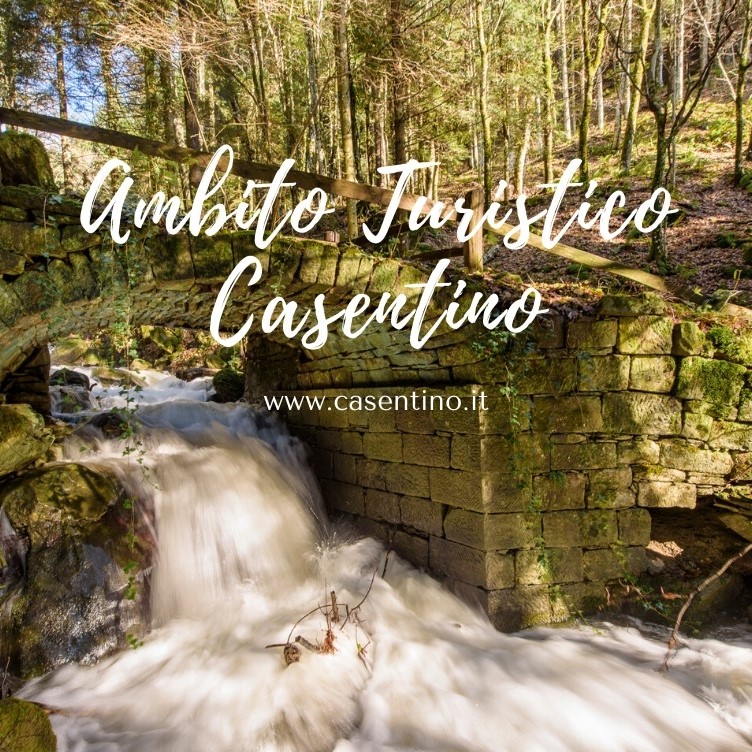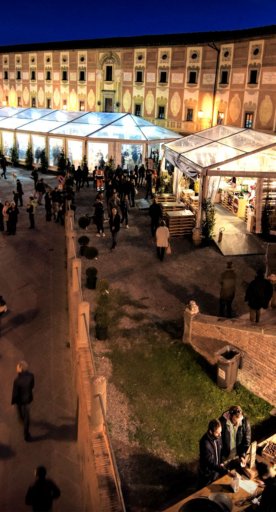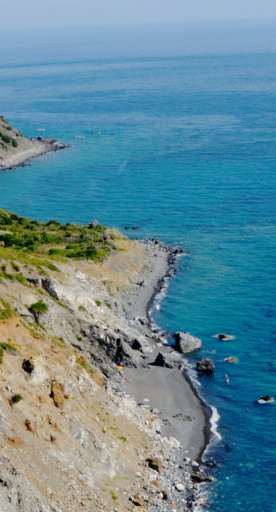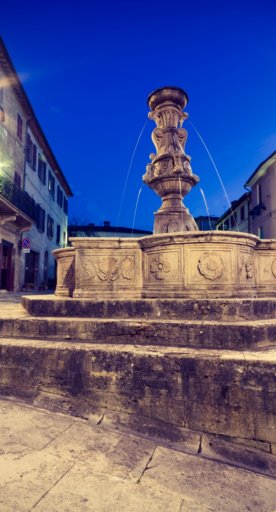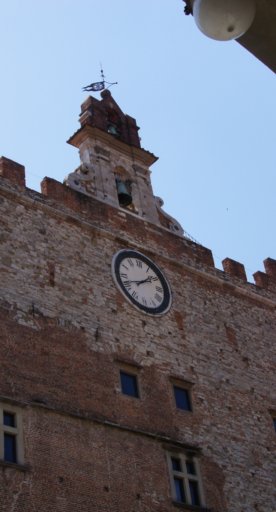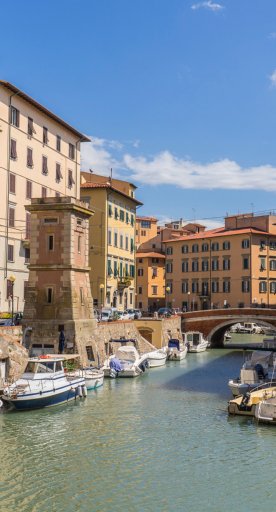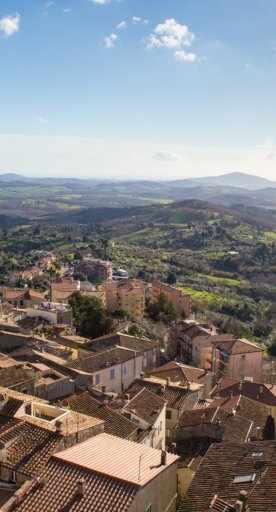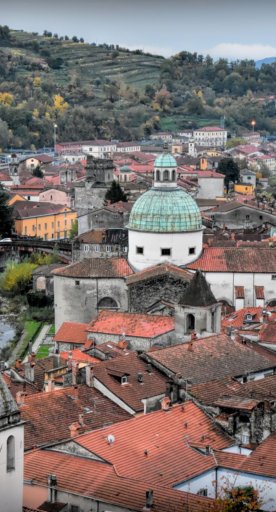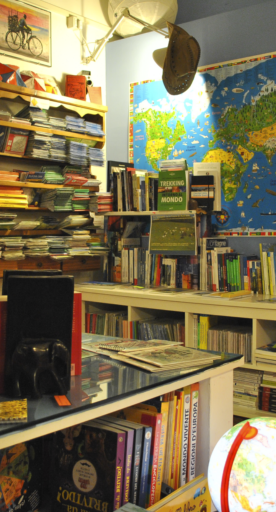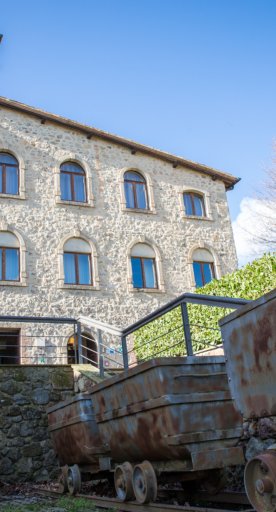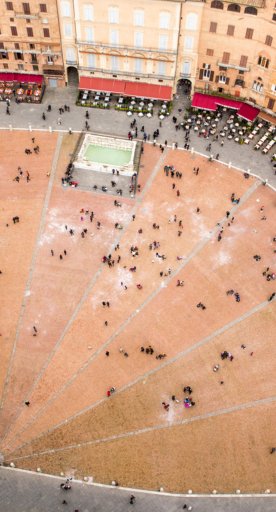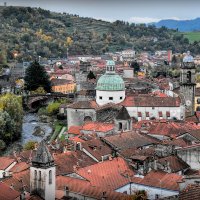

Literary journey in Casentino
In the footsteps of Dante Alighieri, Gabriele D’Annunzio, Dino Campana and Emma Perodi
Casentino is a land that has always fascinated travelers and curious people and it is a richly evocative place.
It offers unique views that seem to have come straight out of Renaissance frescoes, unspoiled nature and enchanting villages. Here the Apennine peaks are covered with snow in winter and the ruins of ancient castles remind us of turbulent eras. The valley holds surprises that go far beyond architectural beauty; strong still are the oldest Tuscan traditions, enhanced by a local population aware of the value of its past.
The beauty, the stories and even the essence of these places can be found in the words of some illustrious poets and men of letters.
-
1.The Divine Comedy, Halcyon and the Orphic Songs
-
2.Tuscan tales
-
3.Children’s Book Festival in Bibbiena
The Divine Comedy, Halcyon and the Orphic Songs
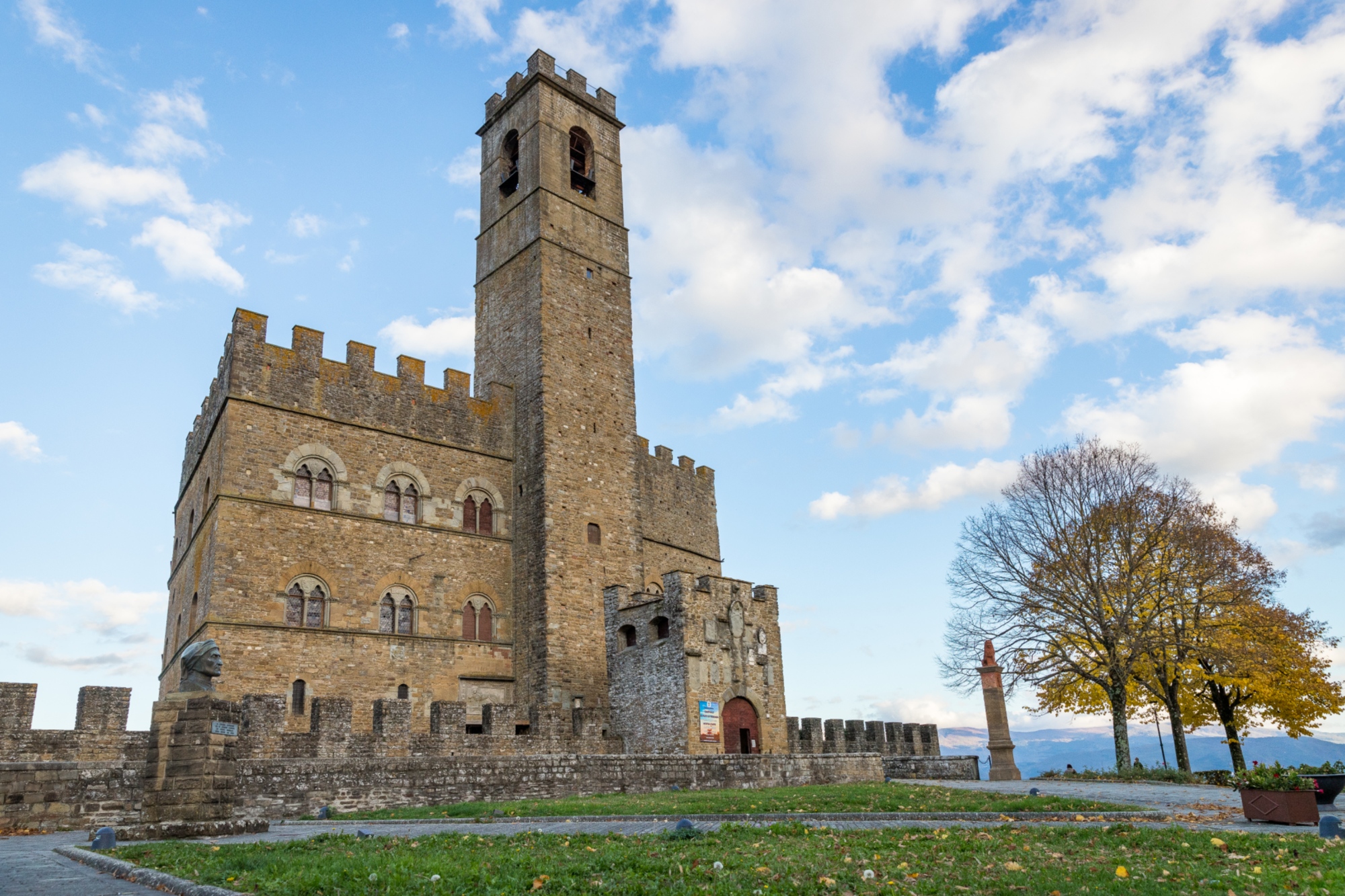
Dante had a strong connection with Casentino. Here he spent several years of his exile from Florence; in fact, many places in this valley are mentioned in his masterwork “The Divine Comedy”. Dante tells us about Casentino by describing it in both Inferno (Canto XXX) and Purgatorio (Canto V). Like many great authors and thinkers, he was incredulous to see idyllic landscapes made of green hills and streams. In fact, in the XXX Canto of Inferno he describes the descent of the “little streams” that come down from the hills to reach the Arno River.
The Archiano and its banks are mentioned in Canto V of Purgatorio when, Bonconte da Montefeltro, died at the point where the Archiano flows into the Arno. It is also said that the “father of the Italian language” wrote the XXXIII canto of Inferno while he was a guest of the Counts Guidi in the residence of Poppi Castle, a majestic work overlooking the entire valley.
D’Annunzio, a guest of the Counts of Romena in the summer of 1902 wrote the third book of Laudi: Halcyon (Alcyone). In particular, in the poem “I Tributarii”, he describes the panorama before him where beauty and peace reign supreme.
In 1910 Dino Campana arriving in Casentino for a pilgrimage from Marradi to Verna described in the Canti Orfici (Orphic Songs) the stages of the journey, and in the poem Ritorno (Return), he spoke of this Valley as a treasure chest of the essentiality of nature and man’s ancient and profound relationship with it.
Tuscan tales
Dante’s strong connection with Casentino did not escape Emma Perodi, who recalled him in her stories. Tuscan Tales: the fantastic fables of Emma Perodi (Le novelle della nonna. Fiabe fantastiche) is a collection of forty-five stories placed within a narrative framework set in the late nineteenth century in Casentino. It is precisely to this author that The Literary Park is dedicated, created through an agreement between the Italian Literary Parks, the National Park of the Casentino Forests and the Casentino Creative Center, with the municipalities of Bibbiena, Pratovecchio, Stia, Poppi, Chiusi della Verna, Castel S. Niccolò, and Ortignano Raggiolo, aimed at enhancing the figure of the writer, journalist, pedagogue, and avant-garde woman of the late 1800s.
Children’s Book Festival in Bibbiena

For some time now, Bibbiena has been hosting the Children’s Book Festival, a journey into the world of contemporary literature with an eye on young readers and writers.
The festival takes place in multiple venues in the area, such as the Bibbiena Photo Gallery, the Giovannini Library, the Casentino Archaeological Museum and Soci with its auditoriums and cinemas.
